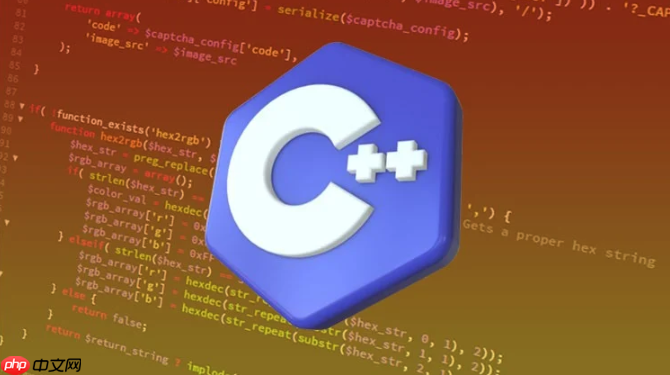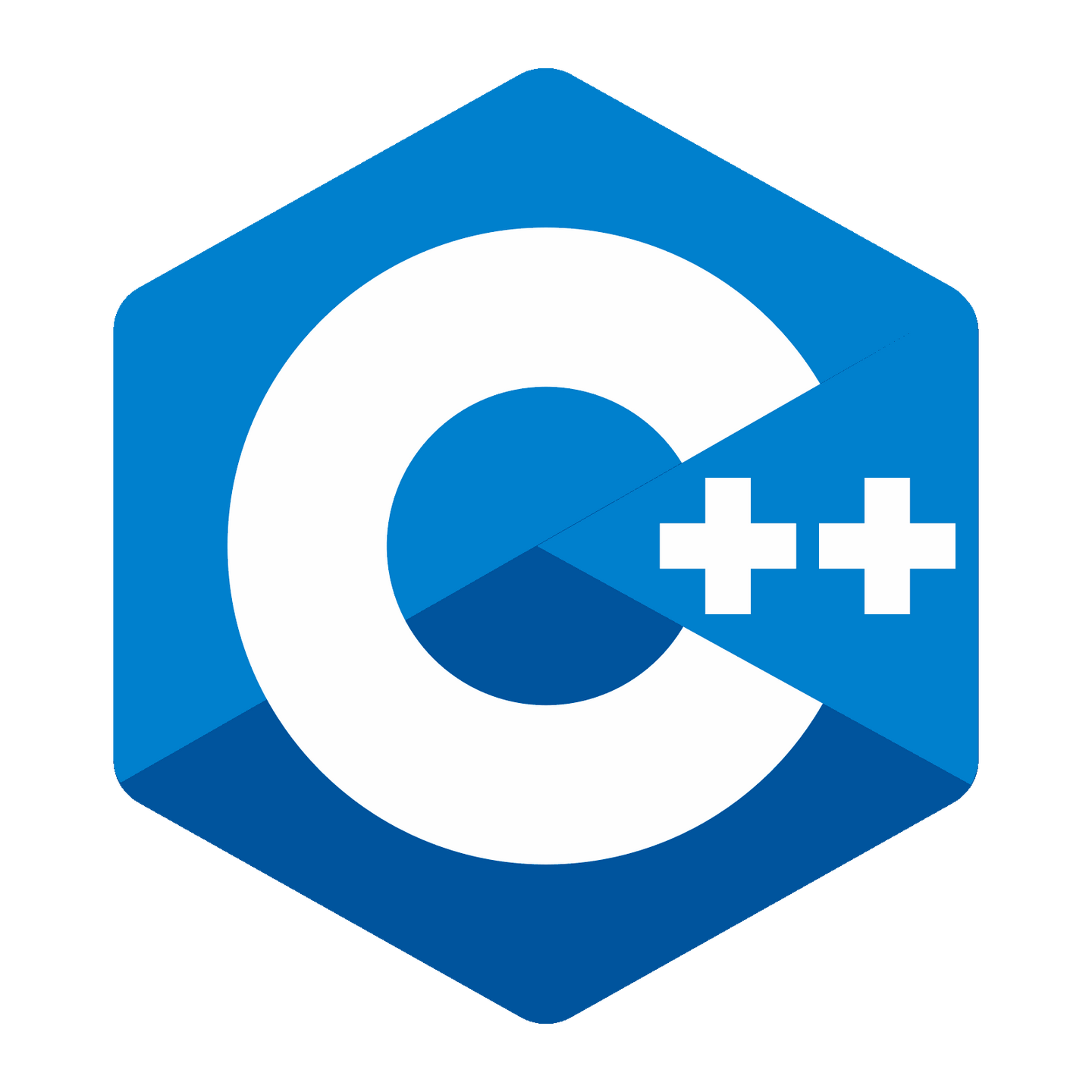运算符重载是C++中通过函数重载为自定义类型赋予标准运算符新行为的机制,使对象能像基本类型一样使用+、-、==等操作,提升代码可读性。它本质是函数重载,可通过成员或非成员(如友元)函数实现:成员函数适用于左操作数为当前类对象的情形,如Complex operator+(const Complex& other);友元函数则支持对称操作或左操作数非本类对象的情况,如double与Complex相加。并非所有运算符都可重载,::、.、.*、?:和sizeof不可重载。常见重载包括赋值运算符=(必须为成员函数并返回引用以支持链式赋值)、比较运算符==与!=(常以非成员函数实现)、下标运算符[](必须为成员函数,提供const与非const版本)以及输入输出运算符<<和>>(只能为非成员函数,因左操作数为流类型)。重载时需保持语义一致、避免滥用、注意返回类型、处理自赋值,并结合三法则管理内存。合理使用运算符重载可使类接口更自然,贴近内置类型行为。

在C++中,运算符重载是一种允许我们为自定义类型(如类或结构体)赋予标准运算符新行为的机制。通过重载,我们可以让对象像基本数据类型一样使用+、-、==等操作符,使代码更直观、易读。
运算符重载的本质是函数重载。它允许我们重新定义已有运算符对用户自定义类型的操作方式。比如,可以让两个Complex(复数)对象相加:c1 + c2,而不是调用c1.add(c2)。
不是所有运算符都能被重载,例如::、.、.*、?:和sizeof不能重载。大多数其他运算符都可以。
运算符重载可以通过成员函数或非成员函数(通常是友元函数)实现。选择哪种方式取决于具体场景。
立即学习“C++免费学习笔记(深入)”;
成员函数方式适用于那些需要访问私有成员且左操作数是当前类对象的情况,常见于二元运算符中左操作数隐式为*this的情形。
例如重载+运算符:
class Complex {
private:
double real, imag;
public:
Complex(double r = 0, double i = 0) : real(r), imag(i) {}
// 成员函数重载 +
Complex operator+(const Complex& other) const {
return Complex(real + other.real, imag + other.imag);
}
void print() const {
cout << real << " + " << imag << "i" << endl;
}
};
// 使用
Complex a(3, 4), b(1, 2);
Complex c = a + b; // 等价于 a.operator+(b)
c.print();
当需要对称性操作,或者左操作数不是本类对象时(比如int + Complex),使用友元函数更合适。
例如重载+支持整数与复数相加:
class Complex {
private:
double real, imag;
public:
Complex(double r = 0, double i = 0) : real(r), imag(i) {}
// 声明友元函数
friend Complex operator+(const Complex& c, double d);
friend Complex operator+(double d, const Complex& c);
void print() const;
};
// 定义友元函数
Complex operator+(const Complex& c, double d) {
return Complex(c.real + d, c.imag);
}
Complex operator+(double d, const Complex& c) {
return Complex(c.real + d, c.imag); // 复用上面的逻辑
}
赋值运算符必须作为成员函数重载,并返回引用以支持连续赋值(如a = b = c)。
Complex& operator=(const Complex& other) {
if (this != &other) { // 防止自赋值
real = other.real;
imag = other.imag;
}
return *this;
}
通常以非成员函数形式实现,便于两边类型一致或可转换。
bool operator==(const Complex& a, const Complex& b) {
return (a.real == b.real) && (a.imag == b.imag);
}
bool operator!=(const Complex& a, const Complex& b) {
return !(a == b);
}
必须作为成员函数重载,常用于模拟数组访问。
class MyArray {
int arr[10];
public:
int& operator[](int index) { // 非const版本
return arr[index];
}
const int& operator[](int index) const { // const版本
return arr[index];
}
};
只能用非成员函数实现,因为左操作数是std::ostream或std::istream。
ostream& operator<<(ostream& os, const Complex& c) {
os << c.real << " + " << c.imag << "i";
return os;
}
istream& operator>>(istream& is, Complex& c) {
is >> c.real >> c.imag;
return is;
}
运算符重载虽然强大,但也容易误用。以下是一些关键点:
+应该做“加法”,不要用来做减法。[]要返回引用才能赋值;=要返回*this的引用。this == &other。基本上就这些。掌握运算符重载能让你的C++类接口更自然、更贴近内置类型的行为。关键是合理使用,不滥用。
以上就是c++++中怎么重载运算符_c++运算符重载使用方法详解的详细内容,更多请关注php中文网其它相关文章!

c++怎么学习?c++怎么入门?c++在哪学?c++怎么学才快?不用担心,这里为大家提供了c++速学教程(入门到精通),有需要的小伙伴保存下载就能学习啦!

Copyright 2014-2025 https://www.php.cn/ All Rights Reserved | php.cn | 湘ICP备2023035733号